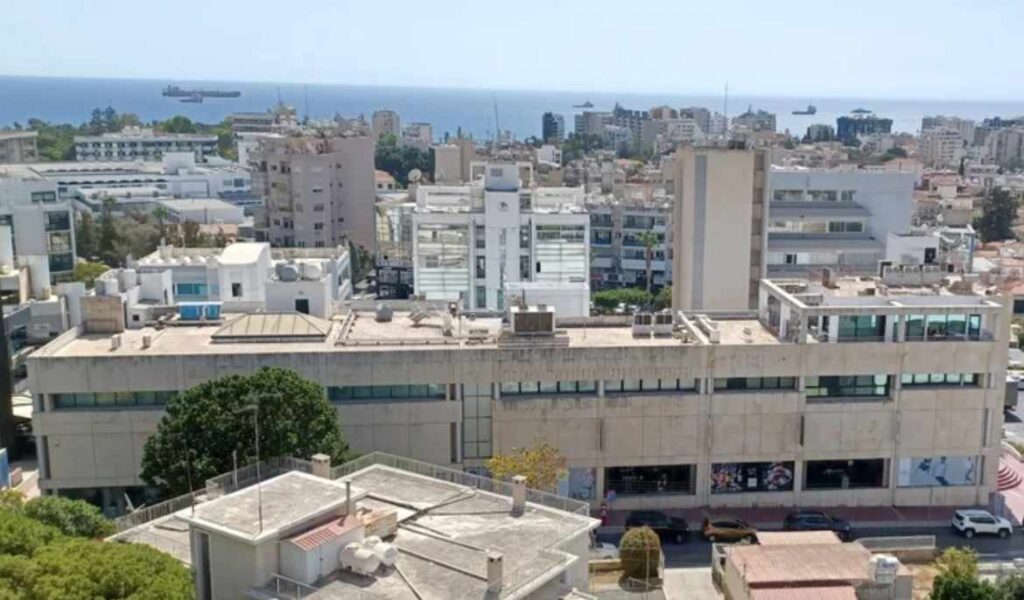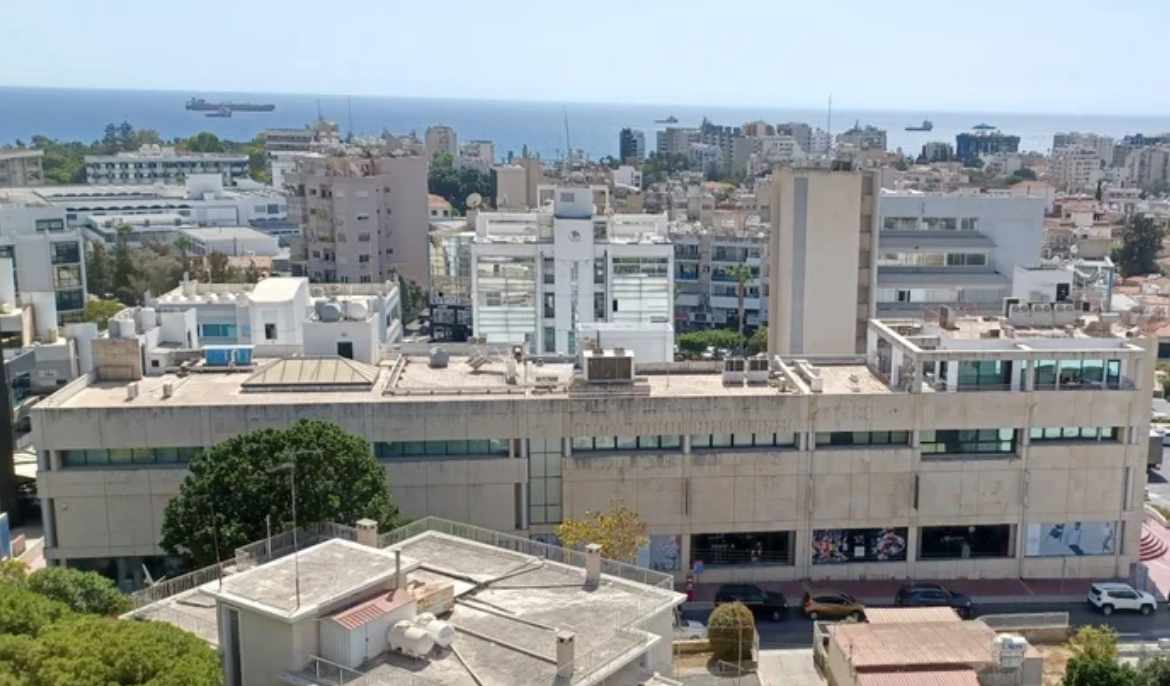Affordable cities are gaining momentum in real estate as shifting work trends and rising demand reshape the market landscape, according to Ask Wire CEO and co-founder Pavlos Loizou.
In a piece of analysis released on Thursday, Loizou said that while traditional property powerhouses such as Athens, Thessaloniki, and Limassol continue to attract attention, smaller cities like Patras and Larnaca are emerging as significant players.
Loizou noted that the shift towards these more affordable, liveable cities, driven by remote work and lifestyle changes, is gaining momentum.
This trend is exemplified by the significant increase in property transactions in Patras, which surged by 121.95 per cent in 2024.
Consequently, Loizou advised that agents should target these cities’ rental markets, while developers could focus on mid-sized projects tailored for young families or remote workers.
Investors, meanwhile, should look for properties underpriced compared to prime zones but with similar yield potential.
Furthermore, Loizou emphasised the increasing importance of energy efficiency in properties.
In the southern suburbs of Athens, properties with high energy efficiency command prices as high as €15.3 per square metre, nearly double the €8.9 per square metre seen in the less efficient western suburbs.
He suggests that developers should think beyond basic measures like insulation to include advanced features such as smart energy management systems and EV charging stations.
These enhancements increase property values and offer substantial returns on investment, making it crucial for investors to prioritise assets with upgrade potential, as retrofitting can yield outsized returns within a decade.
Moreover, the office real estate sector is experiencing a counterintuitive trend due to the hybrid work model.
While central urban office spaces face growing vacancies, suburban office hubs with co-working setups are thriving, particularly in areas that allow employees to work closer to home.
This shift is creating opportunities for developers to rethink office space utility, focusing on flexible and integrated ‘work-live-play’ environments.
Consequently, Loizou suggested that investors should focus on well-connected suburban spaces designed for flexibility, and developers are advised to integrate residential, retail, and office elements to cater to the new demand dynamics.
Additionally, Loizou warned about the impact of interest rates on affordability. Despite recent stability, he cautioned that even small hikes in interest rates could put pressure on buyers who have taken on longer-term mortgages at historically low rates.
He recommends that agents should promote fixed-rate options and developers focus on more affordable units to ensure sustained buyer interest, as well as investors to lock in financing now and consider accelerating repayments to avoid future financial strain.
Additionally, Pavlos Loizou identified Limassol’s western regions as quickly becoming significant growth areas, driven by projects like the casino-resort and expanded retail hubs.
He points out that while Limassol’s seafront traditionally dominates the luxury market, its western region is emerging as a sleeping giant, set to experience a significant rise in development activity by 2026.
The availability of larger plots and lower land costs in this area allows for more room for innovative projects, particularly mid-tier housing.
Loizou suggested that developers should focus on creating affordable, family-friendly units in areas like Zakaki, offering a viable opportunity for those looking to invest.
For investors, this represents a chance to enter the Limassol market without the typical premium associated with its more established areas.
Loizou also highlighted the advantages of a long-term investment strategy in real estate.
He explained that investors who held properties for more than five years have seen their average annual returns outperform those of short-term flippers, especially in a market where rents are rising and transaction volumes are slowing.
Accordingly, investors should consider the rental market’s strength when deciding whether to sell or hold, and agents should guide clients toward longer-term thinking.
As we consider the broader implications of these insights, Loizou also explained that smaller cities are outperforming larger ones in terms of rental yields and liveability, affirming the value of thinking both small and big.
The profitability of green initiatives is evident, proving that energy efficiency is not just ethical but economically sound.
Additionally, the revival of suburban office spaces offers a reshaped demand landscape, while the current low interest rates present a critical window to lock in long-term affordability.
Emerging opportunities in untapped regions like west Limassol offer growth at lower costs, and the advantages of playing the long game in real estate investment cannot be overstated.



